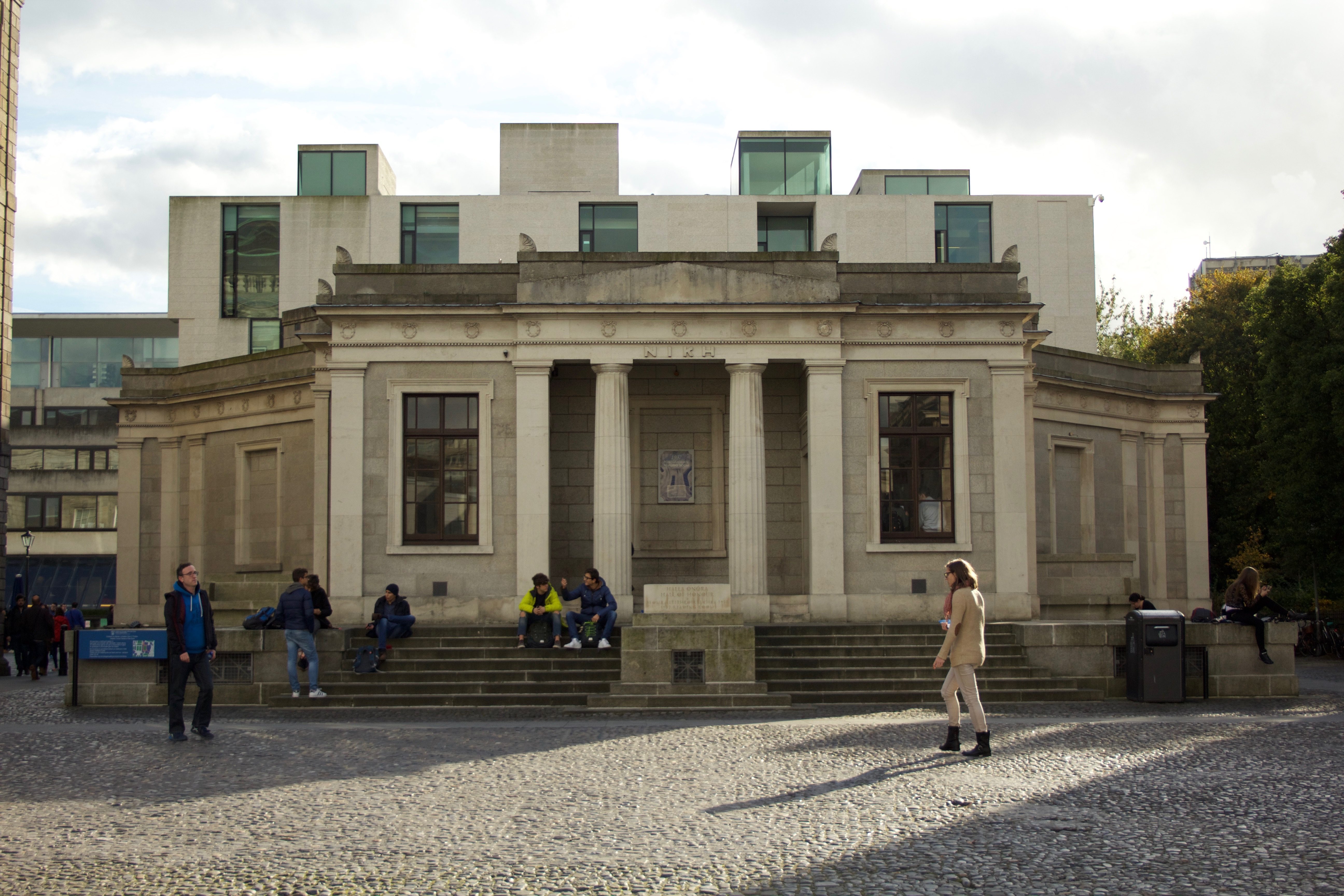On Sunday, November 10th, a Remembrance Service was held in the College chapel to honour members of the Trinity community who lost their lives in military service. Remembrance Day takes place on November 11th, to mark the Armistice of the First World War, when the conflict which ushered in the age of modern warfare finally came to an end.
In Ireland, however, each Remembrance Day sparks discourse on the stance of the Republic on British war dead. The most symbolic and tangible manifestation of this is the wearing of the poppy, an emblem that stems from the flower’s growth on Flanders fields after World War I. The poppy, however, is increasingly politicised in both Britain and Ireland. Each year, Derry-born Stoke City midfielder James McClean comes under fire for refusing to wear the poppy on his football jersey.
Most recently, a viral video of a young Irish woman burning a poppy on the streets of London was met with extensive, vitriolic backlash both in the mainstream and on social media. For many, the poppy is a mark of respect for war dead. In Ireland, however, it is viewed as a symbol of imperial power, and of disrespect to civilian victims of the armed forces. This is particularly true of Northern Ireland, as McClean, for example, forgoes the poppy as a gesture of respect for the 13 civilians killed by British forces on Bloody Sunday.
Even in the Ireland of today, more than two decades after the Good Friday Agreement, wearing a poppy is a politically charged act. It is often met, if not with outright criticism, then with assumptions about cultural and religious heritage. It is perfectly understandable that the poppy has never caught on in Ireland, given the wounds of the Troubles that have yet to heal. It should, however, be viewed as a personal decision.
Trying to wash away the history of Irishmen in the British army also fails to address this country’s own contribution to colonial warfare
While the atrocities committed by British military in Ireland are undeniable, it remains that 210,000 Irishmen served in World War I, with 35,000 losing their lives. Many of these signed up out of poverty, out of desire to defend the “little Catholic countries of Europe”, or even out of loyalty to John Redmond’s promise that defending Britain would encourage Westminster to grant Irish Home Rule. The conception that joining the British forces was the preserve of the Protestant ascendancy simply does not hold true, and is often overlooked in Ireland’s historical narratives.
Trying to wash away the history of Irishmen in the British army also fails to address this country’s own contribution to colonial warfare. Objections to the poppy rightly rest on the history of Britain as an imperial power, and the innumerable, heinous acts carried out the world over in the name of crown and country. There were, however, a substantial number of Irishmen in colonial service who were equally culpable. If the poppy is associated with colonial warfare, Ireland’s role in this must not be forgotten – as a white dominion, Ireland is accountable for colonial violence against people of colour.
The most obvious example is the Amritsar Massacre of 1919, when unarmed protesters in India were murdered by British colonial forces under a Cork-educated general and a Tipperary-born lieutenant governor. This is but one example of a colonial atrocity in which Ireland played a role, not to mention the Irish diaspora in other administrative and military positions in British colonies.
The poppy, and Remembrance itself, is the same – remembering not just war dead, but the complicated nature of conflict itself
The events in which members of the British Armed Forces have lost their lives are many, complex and multi-faceted. It should follow that the poppy, and Remembrance itself, is the same – remembering not just war dead, but the complicated nature of conflict itself. Five thousand Irish volunteers were killed in World War II, defending the world against fascist totalitarianism. The poppy commemorates them, as well as the soldiers whose hands were red with the blood of the colonised. Remembrance cannot, and should not, be a straightforward act.
It is true, however, that Remembrance is often viewed in black and white terms, as Irish or un-Irish, British or un-British. Such clear-cut discourse does a disservice to the nuances of relations between these two countries over the centuries, yet, as we are only 20 years into a tenuous peace, this is hardly surprising. The best we can hope for is education, and increased understanding of the implications both of wearing, and not wearing a poppy.
While it is important to commemorate those who laid down their lives, this should be done in the knowledge that history has many sides. The political nature of the poppy, however, is itself a product of history, and without a more nuanced understanding of the histories at hand, that is unlikely to change.







